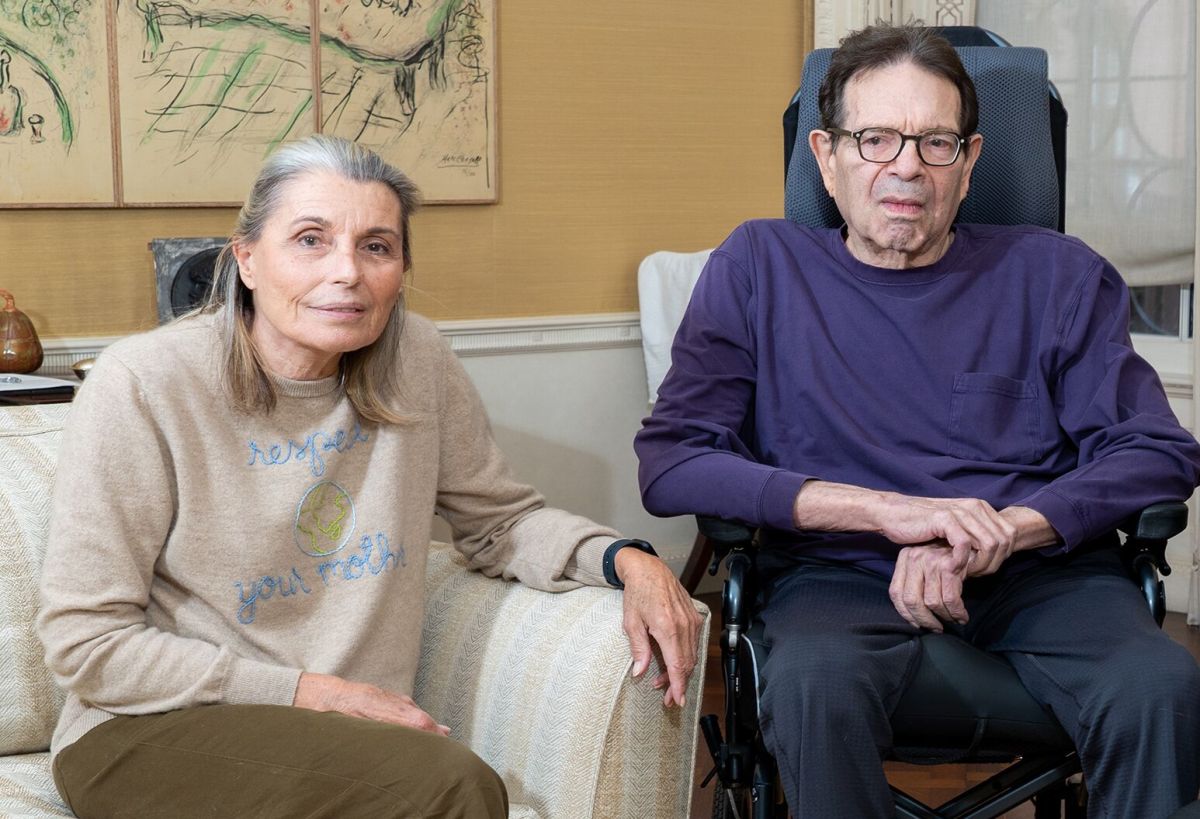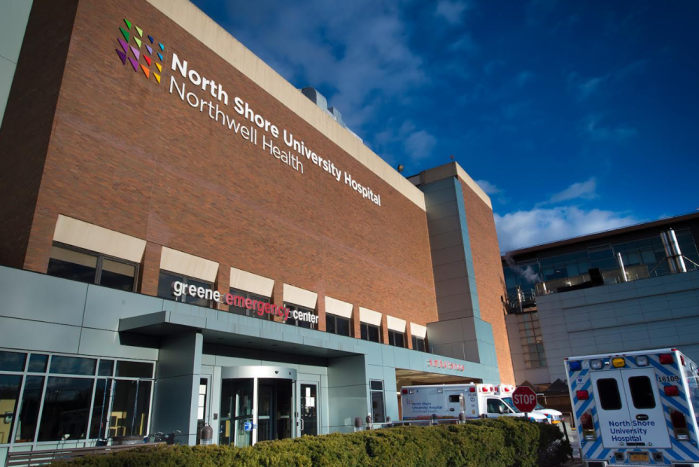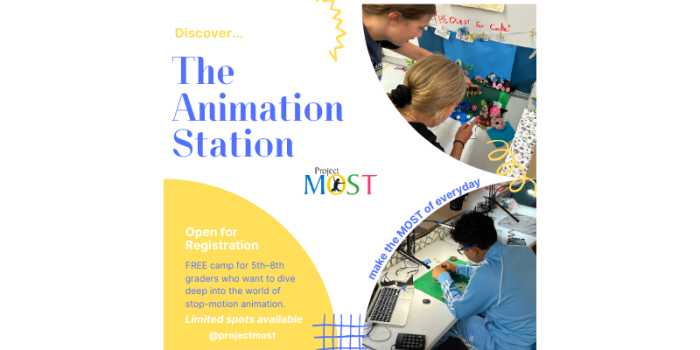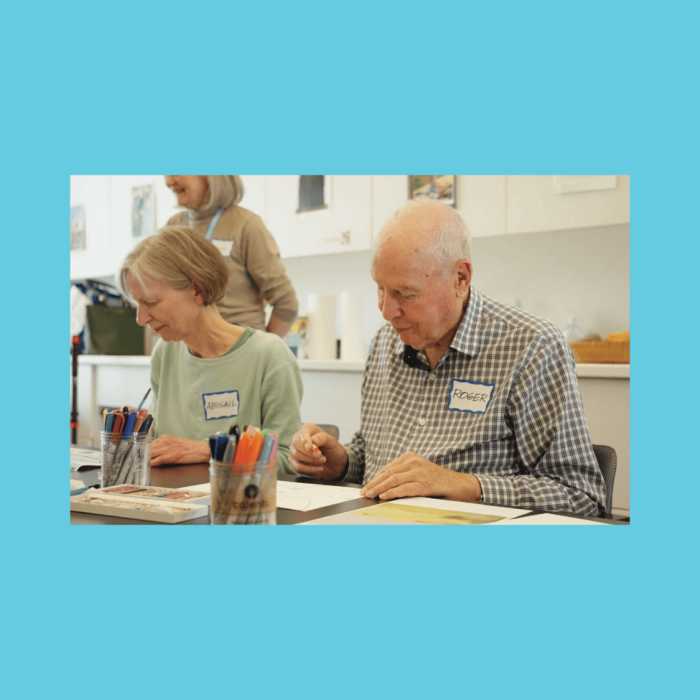Jonathan Rosen has lived with Parkinson’s disease for over two decades.
To give back to the hospital that has treated him, he and his wife, Jeannette, donated $1 million to Northwell’s Glen Cove Hospital to develop a Parkinson’s outpatient program, which was announced on Tuesday, July 15.
“We have seen the excellent work Northwell does and want to support and accelerate the transformative plans that are in store for many other patients who are facing this challenging journey,” Jeannette Rosen said.
Northwell said the program, which is the first of its kind in the region, will implement new technology, such as AI-powered equipment, to enhance the hospital’s services.
“We are deeply grateful to the Rosens for their generous support. This donation will accelerate our mission to provide innovative patient-centered care and create a new space where patients can receive comprehensive support for their Parkinson’s care,” said Glen Cove Hospital President Kerri Scanlon.
Jonathan Rosen has been under the care of Dr. Alessandro Di Rocco, Northwell’s director of the Movement Disorders Program, and the team in the Parkinson’s Rehabilitation Unit, the hospital said.
Di Rocco said he has an “immense gratitude” to the family for their donation.
Di Rocco said that Parkinson’s is a disease that progresses, which makes treatments more complex. He said patients often need “comprehensive care when the disease advances.”
Northwell said the donation will fund the purchase of “cutting-edge rehabilitation technologies.”
Di Rocco said the program will use AI-powered equipment and virtual reality tools to transform patient care. He said that virtual reality will enhance physical therapy, where, for example, doctors can create a “visual context in which you simulate taking a walk in the park and certain obstacles appear.” Di Rocco said showcasing skills and therapy in an appropriate context challenges the brain in ways that are currently not available.
He said the new program will be a “pioneer model of treatment” that will “develop and define ways which we can optimize care, resources, technology, experiment.”































